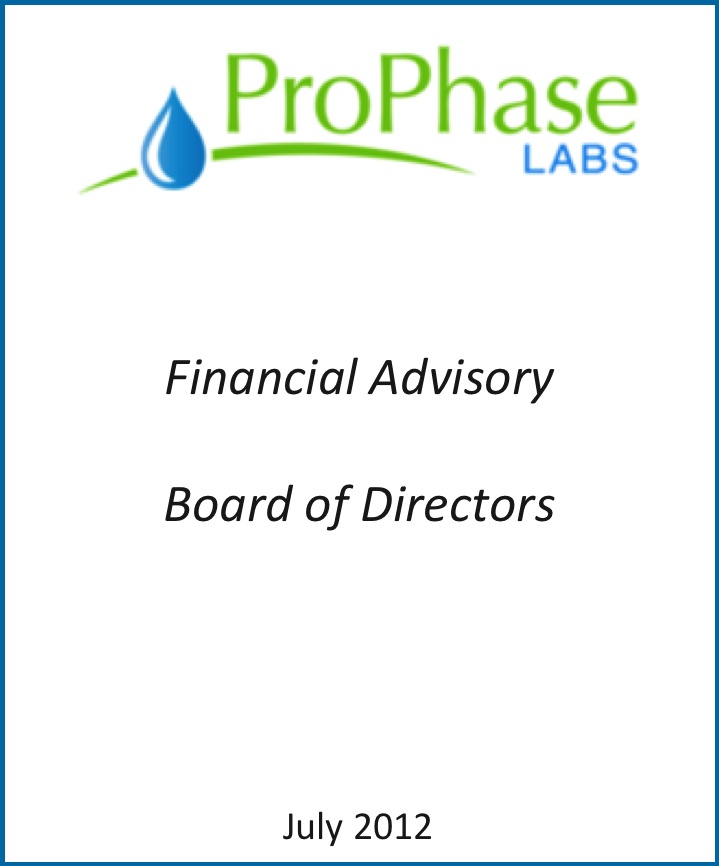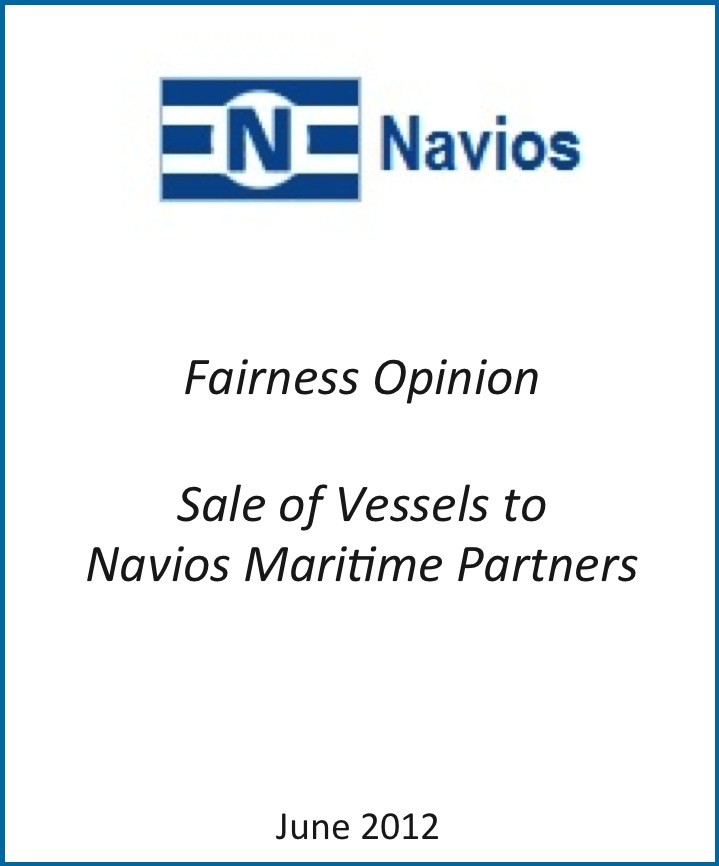Buyout Firms Expand and Prosper in Florida’s Environment
By James Cassel, November 20, 2011.
Leveraged buyout firms, private equity firms — call them what you want — these companies have dug their heels into the South Florida sand. Certainly, 2011 has seen volatile market swings, and the general state of the economy pretty much stinks. Nevertheless, South Florida has attracted a growing roster of private equity firms that have identified our turf as fertile ground for their operations, and that means more options for Florida-based companies contemplating a sale or recapitalization.
Buyout firms raise capital from deep-pocketed investors — or leverage their capital — using equity along with borrowings to purchase or invest in companies that have the potential for growth. In addition to these companies with growth potential, buyout firms are looking for undervalued or underperforming companies, businesses with strategic value to other companies in a firm’s portfolio, or companies in financial distress or bankruptcy. Many of these companies are capital constrained.
After a firm purchases a company, it may rely on existing management or regime change (new management) to grow the company and ultimately sell it for a profit, typically after a period of five to seven years. The profits get distributed back to the investors, and a portion, along with a management fee, goes to the private equity firm itself.
South Florida’s oldest private equity firm, Trivest Partners, has operated here since the 1980s and has handled high-profile transactions such as Aerobed, Banana Boat and Polk Audio. It also has the good company of other legacy firms based in South Florida including HIG Capital, Brockway Moran, Sun Capital, ComVest, Palm Beach Capital, Pine Tree Equity Partners and Boyne Capital Partners. Newcomers to South Florida include Empire and Huntsman Gay, to name a couple.
What brings private equity firms to South Florida? As simple as it may sound, many come here for the same reason as tourists and snowbirds — the lifestyle! Come January, it’s a heck of lot nicer to do a deal on the beach than on Wall Street. The strategic value of our location means private equity firms can attract sun-starved talent from the northeast as well as investors who enjoy a yearly meeting in the subtropics. Since most travel regularly, a good hub airport is a must.
There are solid financial reasons as well — the tax benefits. Florida’s low corporate income tax and absence of state individual income tax are notable draws. Plus, Florida has many entrepreneurs, a magnet for private equity firms operating in the state.
Perhaps most significant is that Florida — and South Florida in particular — has grown up. South Florida has a growing finance community. As the fourth-largest state in the nation, and with a more sophisticated international business community, private equity firms have come to recognize that South Florida is a viable alternative to New York, Boston and California.
Whether your business has revenue of a few million dollars or over a hundred million dollars, it’s good for you to have an army of eligible buyers right outside your door. Business owners no longer have to travel to New York to find someone high-profile to sell to or to recapitalize.
This applies to distressed companies as well. Sun Capital and HIG have been two of the most active buyers of distressed and healthy companies in North America and Europe over the last few years.
There are other firms with established specialties, such as MBF Healthcare Partners, which focuses on investments in healthcare, and Trivest, which specializes in family-owned businesses. Firms have honed their expertise to suit particular segments of the Florida business landscape.
Entrepreneurs can benefit from this enhanced investment activity. Venture capital is available to high-risk and early-stage companies.
During the first two quarters of 2011, businesses in Florida had more funding opportunities. We saw increased investments in small and mid-size businesses, increased inquiries from business owners seeking to acquire firms, and, best of all, increased buzz.
We anticipate merger and acquisition activity in 2012 to expand to a wider range of companies, with many deals involving private equity firms. Specifically, we will see more acquisitions in industries like technology, healthcare, distribution and manufacturing.
The growth of buyout firms in Florida spills over into lots of other industries, including sectors like my own, investment banking. We also see commercial lenders, the legal community, and the accounting industry benefiting from the increased deal activity these private equity firms generate.
If you’re a business owner, watch what’s happening here — what businesses are being bought and sold, who’s joining forces, and what new firms form. Private equity firms in Florida made national headlines and drove a lot of attention our way this year, and they are poised to continue to do so. Also, keep in mind middle-market firms, distressed companies, and family-owned businesses are the specialties of several Florida firms.
And if you are in the market to sell right now and want to get the best deal, try the direct approach by calling a firm directly or getting an introduction from a law firm. When trying to sell or raise capital, don’t forget that competition is good — it generally gets you better terms or a better price.









